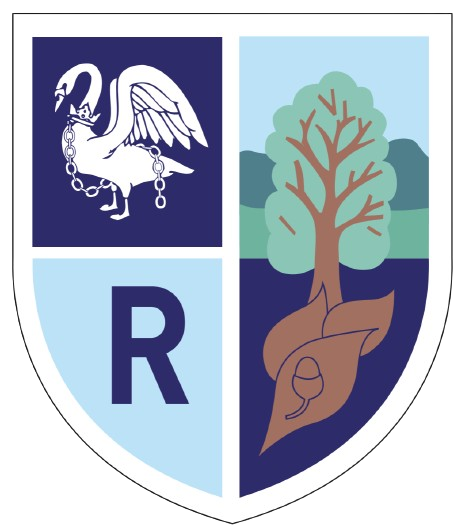History
Curriculum statement for History
At its core, History is a subject that seeks to study the past in order to inform our understanding of the present and provide lessons to take into the future.
With this objective in mind, a successful curriculum should enable pupils to learn about the events that occurred throughout history, discover the motivations of the characters that are central to them and find out about the repercussions of their actions upon subsequent generations.
Ultimately, we believe that high-quality history lessons inspire children to want to know more about the past and to think and act as historians. By linking learning to a range of topics, children have opportunities to investigate and interpret the past, build up an understanding of chronology, develop their knowledge of Britain’s history and link this to corresponding events from the wider world.
Intent
To embed an awareness of the past and the passing of time.
To establish the history of the British Isles as a coherent, chronological narrative.
To study significant aspects of the history of the wider world.
To instil in children a curiosity and desire to ask questions about their learning in order to acquire genuine understanding of the events that are discussed.
To ensure pupils understand the importance of using evidence to support their arguments and how to scrutinise its reliability.
To think critically about the both the successes and mistakes of mankind and know how they have impacted the world we live in.
Implementation
The idea of History is introduced from when children begin in Nursery and continues into Reception. This follows the guidelines established in the EYFS framework, meaning History is not taught as a specific subject but instead as part of a topic called ‘Understanding the World’. From this early stage, a gentle effort is made to begin establishing a very basic understanding of chronology; however, the main focus is to simply start learning about the passing of time. Pupils will start to look at themselves as they age as well as members of their family. They will look at events that occurred in their own lives and in the lives of family members before expanding their awareness of other communities and traditions.
The objective in early KS1 is to continue to develop these concepts and to deepen students’ awareness of the past through the study of changes within living memory and specific events beyond it that are significant nationally or globally. The idea of chronology continues to be relevant and one unit of work provides a continuation of learning from the previous year, further embedding the students’ understanding.
By the end of KS1, the children’s awareness of the past will have matured and their familiarity with chronology will be developed sufficiently to begin to examine the earliest inhabitants of the Britain. They will also start to encounter the concept of evidence and begin to appreciate its importance to our study of history. Questioning will become critical to lessons and teachers will impart its importance, focusing on the idea of 5 W’s (who, what, when, where and why?)
All of this will continue into KS2 where pupils will deliver on the intent to establish a coherent and chronological history of Britain through a sequence of topics examining its inhabitants from the native Celts to the invading Normans in 1066. This will be supported and enriched by adjacent units that look at alternate civilisations from around the world that flourished at similar times, allowing comparisons to be drawn between them and enabling the children to comprehend their relevance in a wider chronological framework. Additionally, source work will continue to grow in relevance and prominence with specific tasks requiring children to truly consider the validity of evidence and the impact that this may have on our understanding.
Impact
History fires pupils’ curiosity about the past and the wider world and allows children to develop knowledge through researching, sifting through evidence and engaging in active discussion – skills that will prepare them for adult life.
British values are woven into the History curriculum promoting values such as mutual respect, tolerance and individual liberty. Themed days, visitors and school visits are present within the History curriculum and provide opportunities for children to develop a deeper understanding of the time periods studied and to inspire them to have a lifelong love of History.
